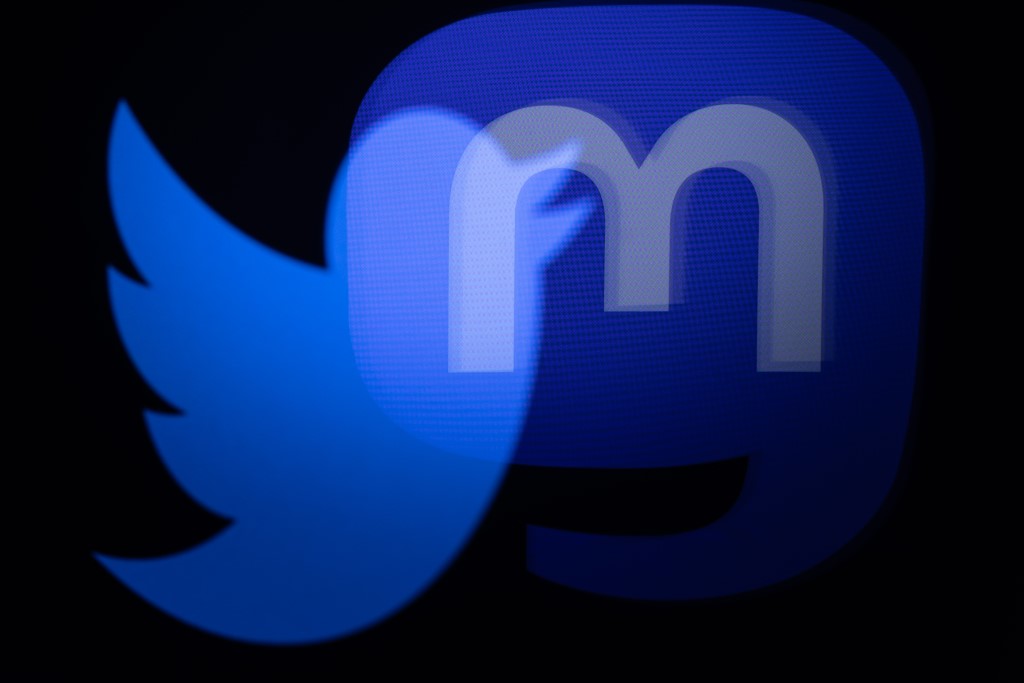
by Daniel HOFFMAN
Agence France-Presse
PARIS, France (AFP) — Since Elon Musk took over Twitter, users irked by the platform’s new regime have vowed to move their online presence elsewhere, with German-owned Mastodon attracting the most attention.
Musk’s first moves have been a shock to some. Just a week after taking over the reins of Twitter, the owner of SpaceX and Tesla launched radical changes by firing thousands of staff, promising the return of banned users and ramping up a plan to make people pay for privileged access to the site.
This has left many users looking to defect to new platforms, though with few obvious alternatives available for now.
– Mastodon, the anti-Twitter –
Unknown to the general public until recently, Mastodon has seen its popularity explode among Internet users concerned about the direction Musk is taking Twitter.
Created in 2016 by the German developer Eugen Rochko, the site presents itself as a “decentralized” social network without advertising where preserving privacy is sacrosanct.
“Your ability to communicate online should not be at the whims of a single commercial company!” Mastodon tweeted when the Musk deal with Twitter was announced in April.
In practice, Mastodon like Twitter is based on postings of small messages, but each new user must sign up to an independently run server and there are thousands of them. In theory, users can interact freely across the Mastodon servers, but this can be complicated and unreliable.
On his personal account, Rochko said Mastodon reached more than 1 million monthly active users on Monday with the addition of 1,124 servers and nearly 490,000 new users since Oct. 27, when Musk took over Twitter.
This is still tiny compared to Twitter, which had nearly 238 million daily active users at the end of June.
The publicity has not been easy for Mastodon and many new users complain about the platform’s unintuitive interface, underlining the difficulty of creating an account and the poor response times unlike sites run by the tech giants.
Content moderation is also a big question mark as it is left to the sole discretion of server administrators, with some refusing access to others, disrupting the experience.
– Under construction –
Other sites eager to welcome Twitter’s defectors are still very much in a development phase.
This is the case of BlueSky, the new project of Twitter co-founder Jack Dorsey that in late October claimed to have 30,000 people on its waiting list after only 48 hours, or Cohost, which promises that its users’ personal data will never be sold.
In online discussions, established platforms, such as the microblogging site Tumblr or the audio chat app Clubhouse, have seen a resurgence in popularity.
A few other start-ups are also attracting attention, including Counter Social and Tribel Social.
Then there are the right-wing sites such as Gab, Parler or Truth Social, the platform launched by former US president Donald Trump, which positioned themselves as conservative alternatives to Twitter long before the takeover by Musk.
Trump is largely expected to be reinstated on Twitter shortly after the US midterm elections on Tuesday, leaving the fate of the financially challenged Truth Social in limbo.
– ‘Very early days –
For the moment, there is no indication that these alternatives to Twitter will be able to compete with, let alone surpass, Musk’s new company.
In a tweet published on Monday, he even assured that “Twitter user numbers have increased significantly around the world since the deal was announced,” without providing any figures.
“And these are very early days,” the billionaire entrepreneur continued. “As Twitter becomes by far the most reliable source of truth, it’s going to be indispensable.”
But it remains to be seen whether the most prominent Twitter personalities (celebrities, athletes and politicians) will stay on the site or whether they will fall back on platforms with an even larger audience such as Facebook, Instagram or TikTok.
© Agence France-Presse








